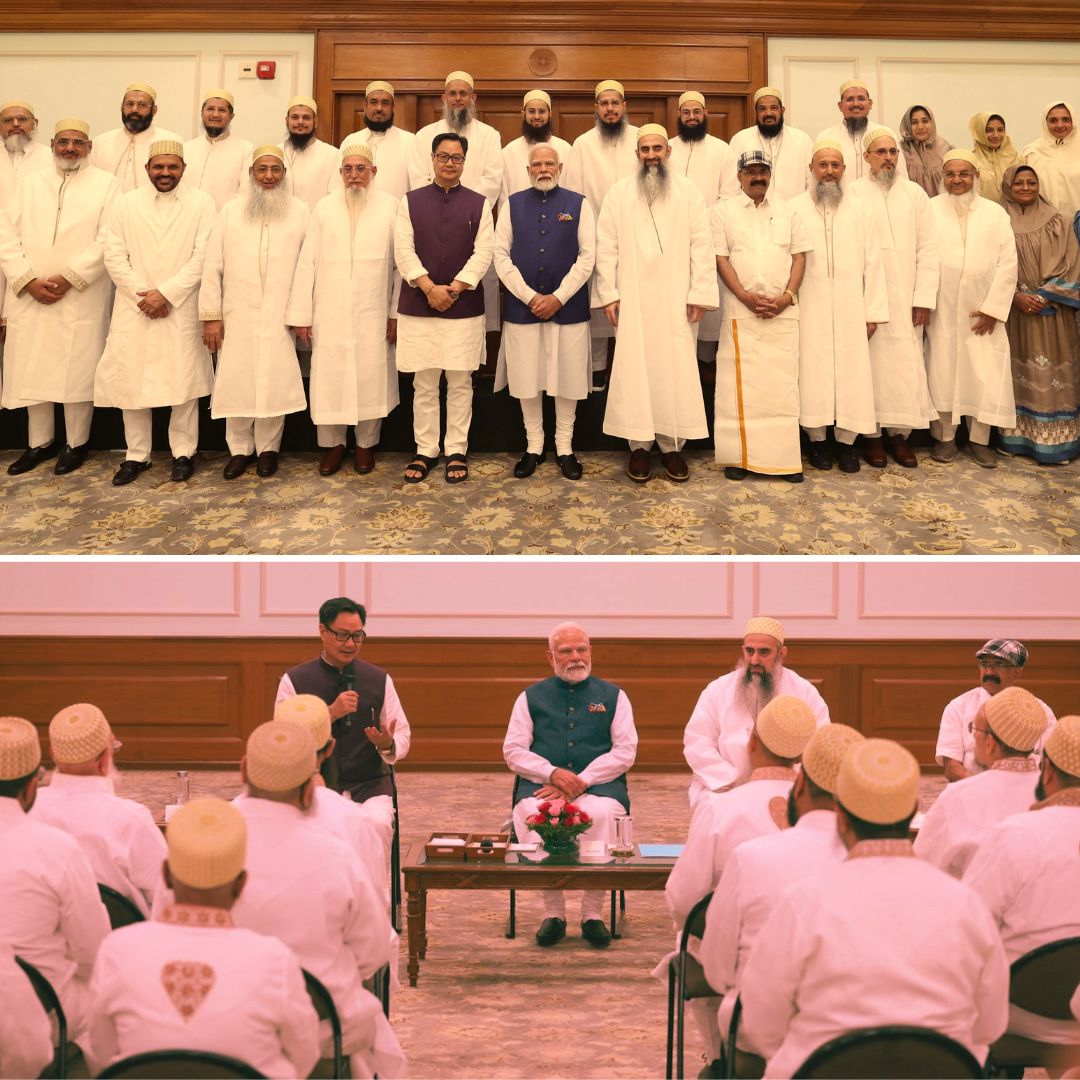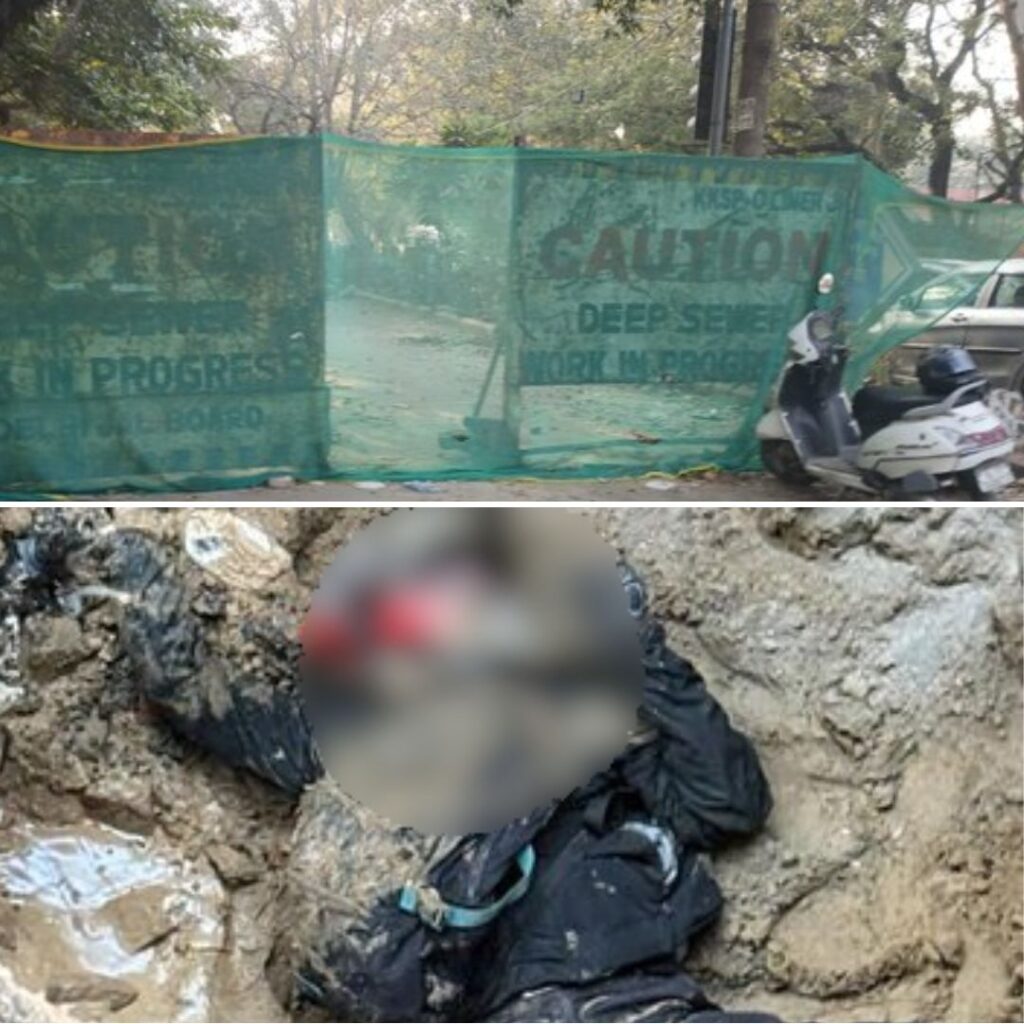On April 17, 2025, Prime Minister Narendra Modi met with representatives of the Dawoodi Bohra community in New Delhi, shortly after the Parliament passed the contentious Waqf (Amendment) Act, 2025.
The meeting was aimed at discussing the implications of the new law, which grants the Bohra community exemption from certain Waqf Board regulations—a demand they have long pursued. The Bohra leaders expressed appreciation for the government’s efforts to address their concerns and highlighted the potential benefits of the legislation for better management of Waqf properties.
Union Minister of Minority Affairs Kiren Rijiju also participated, affirming the government’s commitment to minority welfare. However, the Act has faced opposition from other Muslim groups who argue it undermines religious autonomy, and the Supreme Court is currently reviewing petitions challenging the law’s validity.
Bohra Community Hails Legislative Victory, Seeks Greater Autonomy
The Dawoodi Bohra community, a distinct Shia Muslim sect, has historically sought exemption from the jurisdiction of state Waqf Boards, citing their unique religious and administrative practices. During the interaction, community leaders detailed how the new Waqf (Amendment) Act addresses these concerns by allowing them to manage their religious endowments independently.
One leader remarked, “For nearly a century, we have sought recognition of our distinct identity in managing our Waqf properties. This Act is a landmark step in safeguarding our rights and heritage.” The delegation also shared specific instances of disputes over properties in Mumbai’s Bhindi Bazaar, which have hampered community development.
Minister Kiren Rijiju praised the community’s constructive engagement and reiterated the government’s vision of ‘Sabka Saath, Sabka Vikas, Sabka Vishwas,’ emphasising inclusive growth and trust-building among all minorities.
The Road to Reform: Context and Controversies Surrounding the Waqf Amendment Act
The Waqf (Amendment) Act, 2025, was introduced after extensive parliamentary debate and recommendations by a Joint Parliamentary Committee led by BJP MP Jagdambika Pal. The Act aims to improve transparency, accountability, and efficiency in the administration of Waqf properties, which are religious endowments intended for the welfare of Muslim communities.
While the Dawoodi Bohra community welcomed the law as a step towards autonomy, several other Muslim organisations, religious scholars, and clerics have criticised it. They argue that the amendments dilute the authority of traditional Waqf Boards and infringe upon religious freedoms guaranteed under the Constitution.
These groups have filed multiple petitions in the Supreme Court, seeking a stay on the Act’s implementation. The judiciary’s decision is awaited, adding an element of uncertainty to the law’s future.
Had a wonderful meeting with members of the Dawoodi Bohra community! We talked about a wide range of issues during the interaction.@Dawoodi_Bohras pic.twitter.com/OC09EgcJPG
— Narendra Modi (@narendramodi) April 17, 2025
The Logical Indian’s Perspective
At The Logical Indian, we recognise that legislative reforms touching upon religious and minority affairs must be handled with utmost care, empathy, and inclusiveness. The Waqf (Amendment) Act, 2025, represents an attempt to address genuine grievances of a community that has long sought recognition and autonomy.
However, the resistance from other Muslim groups highlights the complexity of balancing diverse voices within a pluralistic society. True progress can only be achieved through sustained dialogue, mutual respect, and policies that promote coexistence rather than division. We urge policymakers and community leaders alike to prioritise harmony and understanding as they navigate these sensitive reforms.
How can India’s diverse communities and government work together to ensure that such legislative changes strengthen unity without alienating any group? We invite our readers to share their insights and experiences to enrich this vital conversation.













